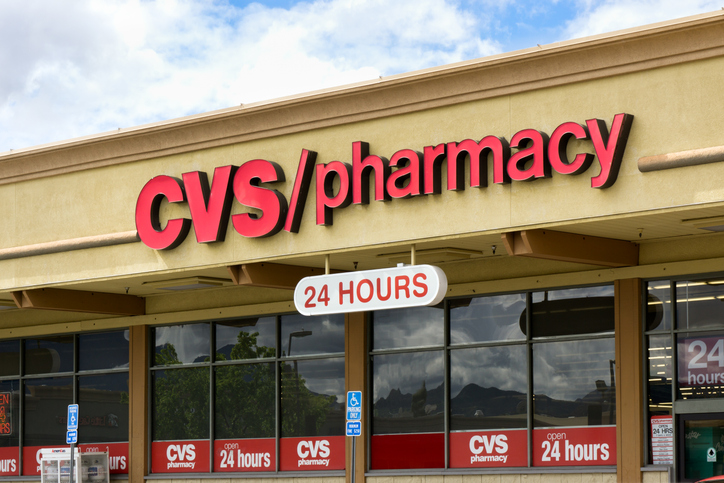On December 18, the Department of Justice (DOJ) announced that it is filing a lawsuit against CVS Pharmacy Inc. and its various subsidiaries for knowingly dispensing controlled substances in violation of the Controlled Substances Act (CSA) and the False Claims Act (FCA). CVS is currently the largest pharmacy chain in the United States, with more than 9,000 locations nationwide.
The government alleges that from October 17, 2013, to the present, “CVS knowingly filled prescriptions for controlled substances that lacked a legitimate medical purpose, were not valid, and/or were not issued in the usual course of professional practice.” Furthermore, the government claims that by “knowingly filling unlawful prescriptions for controlled substances, CVS violated the Controlled Substances Act and, where CVS sought reimbursement from federal healthcare programs, also violated the False Claims Act.”
The complaint also asserts that CVS’s actions contributed to the opioid crisis, and in some tragic cases, patients overdosed and died shortly after filling unlawful prescriptions at CVS.
“Opioid deaths remain a scourge on communities across Rhode Island and the nation, robbing families of loved ones and leaving a path of devastation in their wake,” said U.S. Attorney Zachary A. Cunha for the District of Rhode Island. “This lawsuit alleges that CVS failed to exercise its critical role as gatekeeper of dangerous prescription opioids and, instead, facilitated the illegal proliferation of these highly addictive drugs, including by pill mill prescribers. When corporations such as CVS prize profits over patient safety and overburden their pharmacy staff so that they cannot carry out the basic responsibility of ensuring that prescriptions are legitimate, we will use every tool at our disposal to see that they answer for it.”
This case arises from a whistleblower named Hillary Estright, who previously worked for CVS and filed the complaint under the qui tam provisions of the False Claims Act. Under the False Claims Act’s qui tam provisions, individuals may file lawsuits alleging government contracting fraud on behalf of the United States. In successful qui tam cases, whistleblowers are eligible to receive between 15 and 30% of the settlement or judgment.
“Pharmacies and pharmacists are critical partners to ensure controlled substances are dispensed lawfully and safely to the public,” said Deputy Inspector General Christian J. Schrank of the Department of Health and Human Services Office of Inspector General (HHS-OIG). “HHS-OIG is committed to holding individuals and entities that dispense these controlled substances improperly and without legitimate medical purpose accountable.”
In July 2023, a bipartisan group of senators introduced the False Claims Amendments Act of 2023, which address a few technical loopholes undermining the success of the FCA. The bill is widely supported by whistleblower advocates.
National Whistleblower Center (NWC) has issued an Action Alert calling on Congress to pass the bill.
The claims asserted in this case are allegations only, and there has been no determination of liability.
Join NWC in Taking Action:
Demand that Congress strengthen the False Claims Act
Further Reading:
Bipartisan Legislation Unveiled to Strengthen False Claims Act
